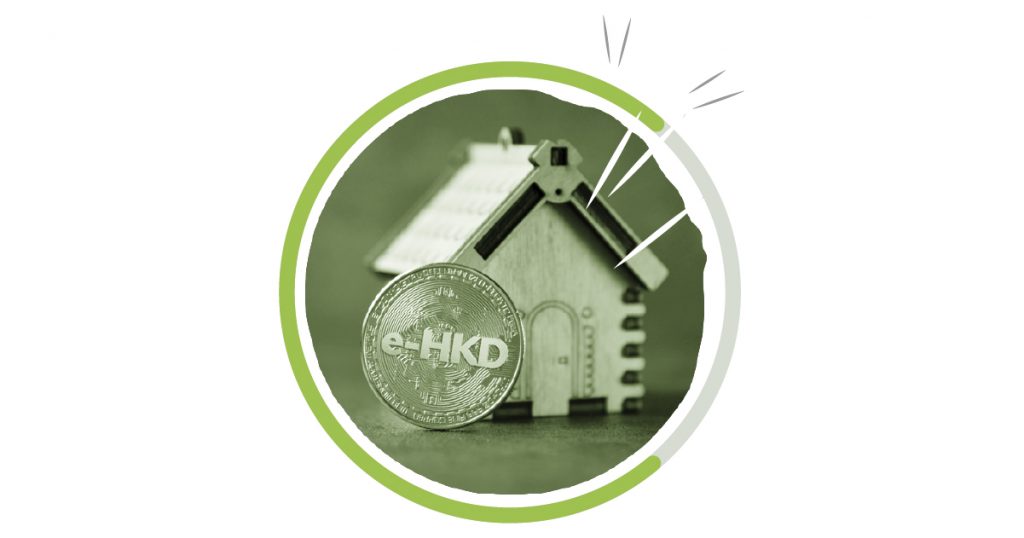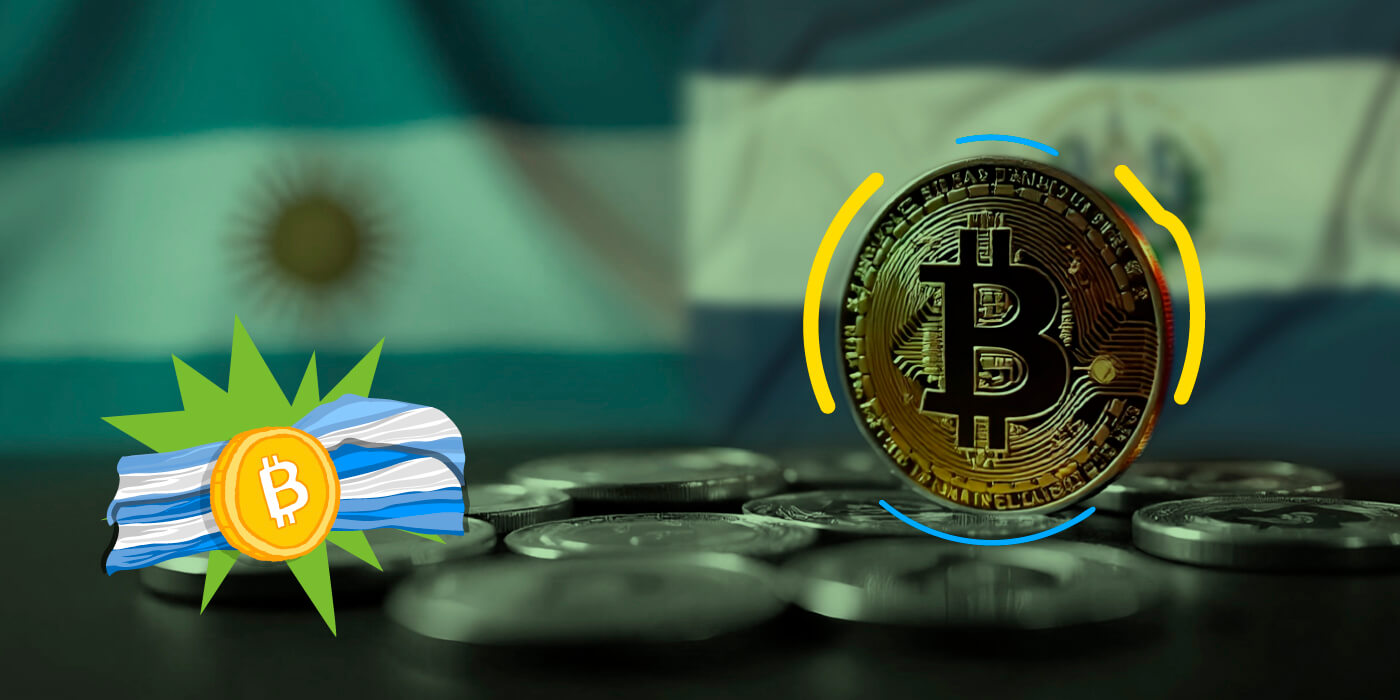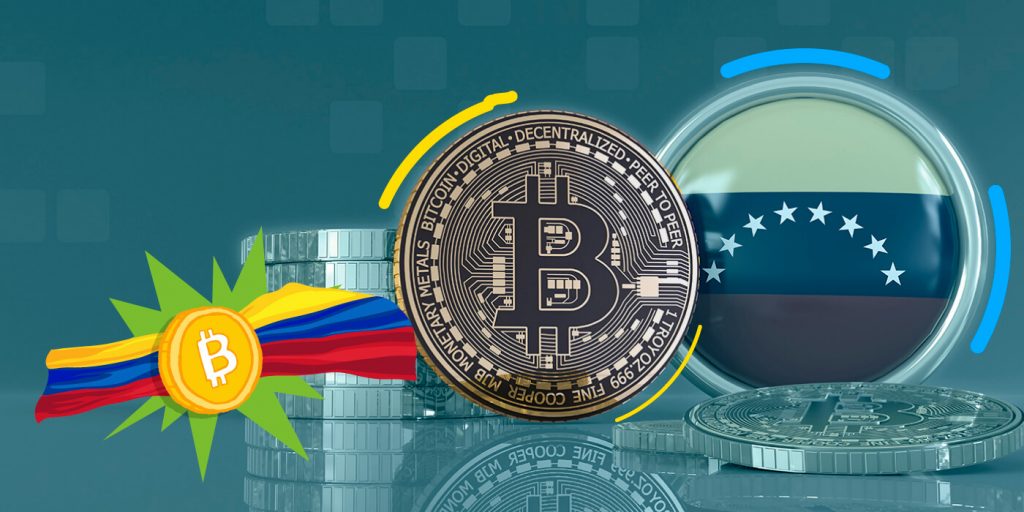Ripple, the company behind the XRP Cryptocurrency, has announced a partnership with Fubon Bank, a Hong Kong financial institution subsidiary of the Taiwanese group Fubon Financial Holding. The objective of this collaboration is to develop a pilot project to tokenize real estate using Hong Kong’s CBDC, the e-HKD.
What is Hong Kong CBDC?
The Hong Kong CBDC is a project promoted by the Hong Kong Monetary Authority (HKMA), the country’s central Bank, to create a digital version of the Hong Kong Dollar (HKD). The CBDC is called e-HKD and seeks to improve efficiency, security and financial inclusion in the territory.
The e-HKD will be based on blockchain technology and use the Hyperledger Fabric platform, an open source solution developed by the Linux Foundation. The e-HKD will have the same characteristics and functions as the physical HKD, but can be used in digital transactions between people, companies and institutions.
The Hong Kong CBDC project is currently in the testing phase and involves 16 local and international Banks and payment companies. Among them is Ripple, the only company in the Crypto sector that has been selected to collaborate with the HKMA.
Ripple and Fubon Bank join forces to tokenize real estate with the Hong Kong CBDC. Don't miss this blog! Share on XWhat does Ripple bring to the Hong Kong CBDC?

Ripple is a company that offers blockchain-based solutions to facilitate cross-border payments between different currencies. Its flagship product is: “RippleNet”, a global network that connects more than 300 financial institutions and uses the XRP Cryptocurrency as a bridge between currencies.
Ripple has also developed a specific platform for the issuance and management of CBDC, called Ripple CBDC. This platform allows central Banks to create, distribute and operate their own digital currencies, leveraging Ripple’s technology and expertise.
Ripple has joined the Hong Kong CBDC pilot project to showcase the possibilities offered by its “Ripple CBDC” platform. Specifically, it will work with Fubon Bank to develop a use case to tokenize real estate using e-HKD.
What does it mean to tokenize real estate with e-HKD?

Tokenizing real estate consists of digitally representing the ownership or use rights over a real estate asset using digital tokens. These tokens can be issued, stored and transferred on a blockchain, ensuring their security, transparency and traceability.
Tokenizing real estate has several advantages, such as:
- Facilitate access to the real estate market: Tokens can be fractionated and sold to multiple investors, reducing the cost and risk of entry.
- Increase the liquidity of the real estate market: Tokens can be easily exchanged on digital platforms, which speeds up operations and expands geographic reach.
- Improve the efficiency of the real estate market: Tokens can automate processes such as verification, registration or payment through smart contracts, reducing time and costs.
The case proposed by Ripple consists of using e-HKD as a means of payment to acquire or sell real estate tokens. In this way, the speed, security and interoperability offered by the Hong Kong CBDC is taken advantage of. In addition, integration with traditional financial systems is facilitated and the country’s monetary sovereignty is respected.
Conclusion
Ripple is a company that is committed to innovation and collaboration in the world of digital payments. Its participation in the Hong Kong CBDC pilot project demonstrates its interest in exploring new opportunities and challenges in the financial sector. Its alliance with the Fubon Bank to tokenize real estate with the e-HKD is an example of how blockchain technology can be combined with digital currencies to create more efficient, secure and inclusive solutions.








